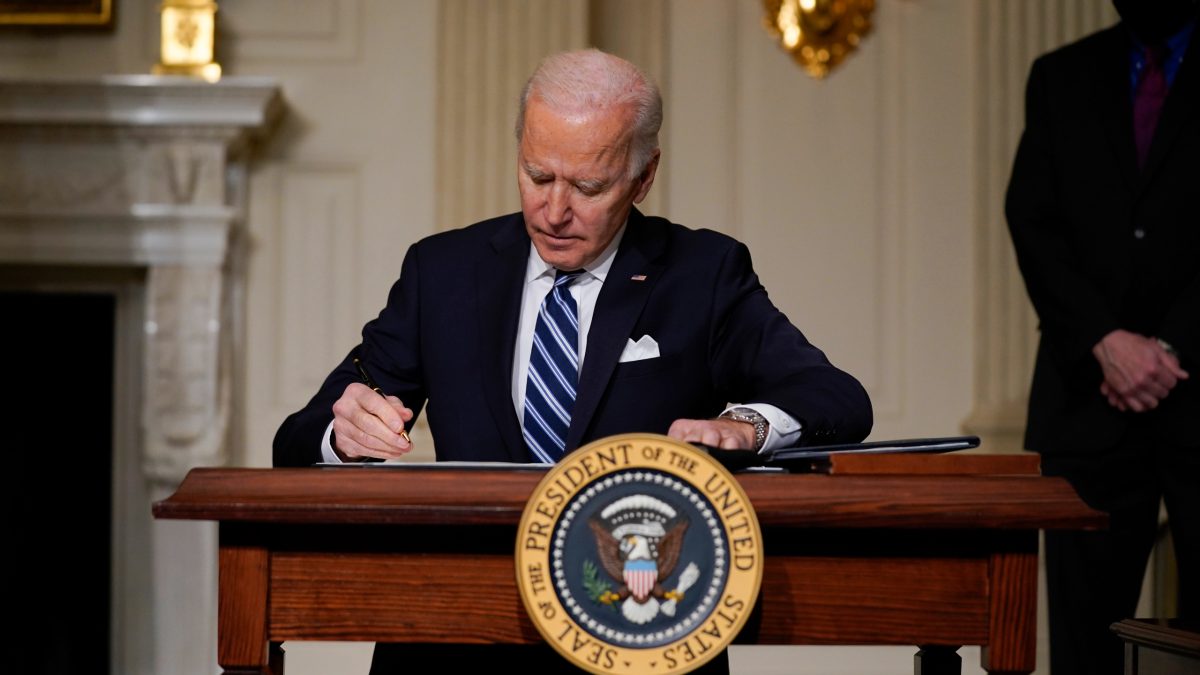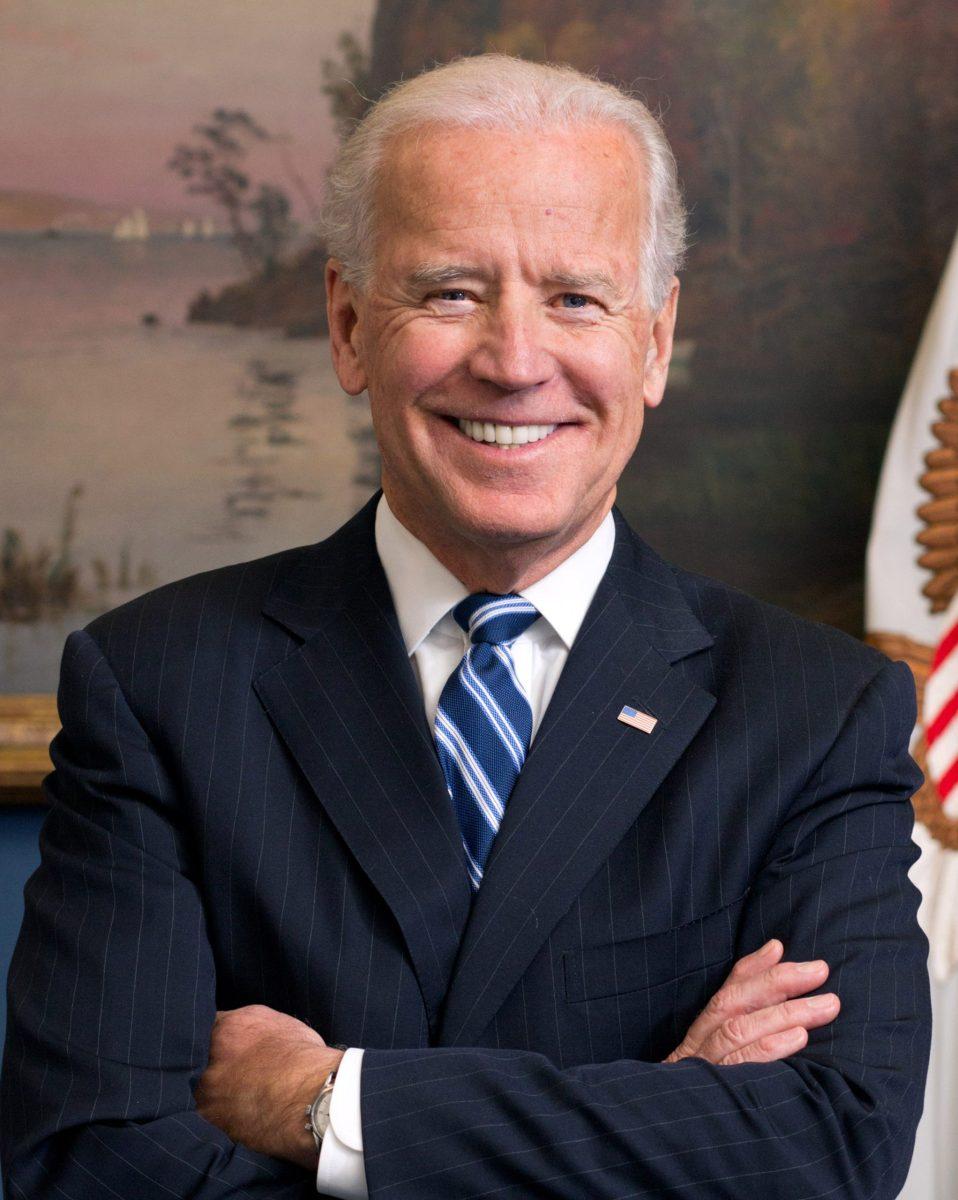[one_third]Liberal – Nicole Cheney
If a general election nine months away issufficient reason to nullify Supreme Court appointment proceedings, then one would contend that treason, election tampering, sexual misconduct, and lying under oath combined all reasonably justify the same hesitation. Unfortunately, after the closure of a fairly inconclusive FBI background investigation into Trump’s Supreme Court nominee, Brett Kavanaugh, it appears that this process currently only applies to Democratic nominees. In March 2016, led by a Republican majority, the Senate refused to hear proceedings on “lame duck” President Barack Obama’s nomination of Merrick Garland claimingthe American people should have a voice in the issue–which, since it was Obama’s last year in office, would come in the November 2016 general election. Garland’s nomination was never heard.
Last week, the Senate voted to proceed on Brett Kavanaugh’s confirmation to the Supreme Court–a lifetime appointment made by the president who many suspect of treason and election tampering. This doesn’t even begin to touch on the many allegations levied against Kavanaugh himself, including sexual assault and perjury, both of which stand contrary to the sense of integrity a justice on America’s highest court is expected to have. Moreover, Kavanaugh’s anti-Democrat outburst last week suggests even further that he is unfit for the position of interpreting the Constitution in a fair and nonpartisan manner. With so many overwhelming negatives, it is unbelievable thatBrett Kavanaughwas confirmed.
[one_third]Independent – Arif Uddin
To anyone who sees the Supreme Court as an institution central to the preservation of American democracy, appointing Brett Michael Kavanaugh to the highest court is an absurd proposition. During his recent testimony, Kavanaugh’s inability to think, act, and articulate clearly under pressure became fully visible. It appearedJudge Kavanaugh could not stand being challenged by those who hold a different view. Kavanaugh’s breakdownwas sufficient cause to question his ability to serve justly on the Supreme Court. Being on a panel with eight other Supreme Court Justices, Kavanaugh would need to cooperatively converse and calmly articulate ideas. However, evidence shows that he may not excel in such affairs.
A thorough examination of Kavanaugh’s qualifications didnot takeplace, as his confirmation wasrushed. Many who knew him in his college days urgedthat his nomination be delayed until a full investigationinto the allegationcould occur, the White House ignoredtheir advice. While Kavanaugh claimsto have committed no wrongdoing, it appeared he was trying toavoid a full and thorough FBI investigation. If he wastruly innocent of all accusations, he would have allowedthe FBI to investigate his past and confirm his innocence.
[one_third]Conservative – Beshoy Shokralla
The presumption of innocence is the cornerstone of the American legal system, and one of the fundamental rights provided to us by the Constitution. While this principle applies specifically to criminal cases, we still apply the principal in less severe areas. To be a well-functioningsociety, we must afford people this presumption of innocence in the public sphere, in the workplace, and in our lives. This is especially important in such a highly polarized country like America, where any accusations of wrongdoing will whip up political bases regardless of truth, evidence, or what have you.
In a climate like this, you would think we would afford a Supreme Court nominee the very same presumption of innocence we expect from the judiciary, but in the case of Brett Kavanaugh people did not. Immediately after the accusation was made public, people called for the committee to vote against Kavanaugh, and for the nomination to be rescinded. While Kavanaugh’s behaviorduring the testimony was unbecoming of a Supreme Court nominee, the reaction he faced from the public, and the fact that his name was raked through the mud immediately without investigation,trampled on a treasured and fundamental right.



































